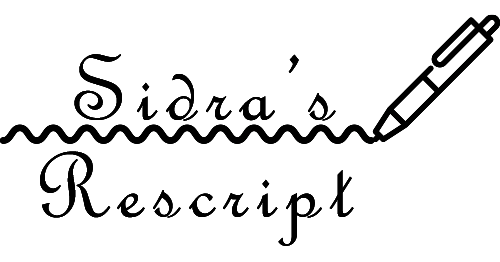
Trauma, Rhetoric, and the Human Condition: A Critical Investigation of Philoctetes’ Speech in Sophocles’ Philoctetes (Page 586)
The speech of Philoctetes can be interpreted on the individual as well as on the general level.
At the general human level, it is a speech by a sage who has experienced life deeply and has awakened fully to the truth of human beguilement; the sufferings of his existence are becoming unbearable due to feckless human nature. He still wants rapprochement by the son of a great name (Achilles) to regain his lost pride, because he knows a person with no pride in himself is the least worthy person. Hence, soliciting the idea of being, a person with capabilities, and those capabilities from which he is being deprived by deceiving is a dehumanizing act. When this act is supported by the status quo devalues humanity. He is also questioning authority impliedly; the only refuge from the beguilement is complete isolation from the humans playing in the hands of authority, and nature is a perfect refuge. A whole decade of suffering was not enough; humans learn from cradle to grave, and there is endless learning for humans regarding their nature and the working of the authorities.
The moral question of what is right and what is wrong is also hinted at in this speech. The worst men are those who indulge in fraud and do not blush at their art of beguilement. Though himself a human, he can no longer lay his trust in humans and so looks towards mountains, rivers, rocks, and savage herds to outpour his sorrows because they can never betray him. Everything which goes against one’s favour seems to be immoral at the personal level, but here the morality of Neoptolemus is questioned; his moral consciousness is being raised by reminding him of his noble precedence. Hence, morality is being problematized here; for some practical purposes, is betrayal a healthy choice? For Philoctetes, he was betrayed, and so a disorder had occurred in his life.
At the individual level, Philoctetes is a person who has been mortified on several levels, and so this speech is a cry of a person who is betrayed and deceived by the one he put his trust in after suffering from treachery at the hands of his companion army. This sole idea of being deceived is blocking his existence. Yet he still has expectations that his betrayal will feel guilty for his wrongdoings; however, the betrayal’s angry looks make him feel handicapped, and this spectacle worsens his sorrows. There is no analgesic to his aggravating heart; his most sacred possession is being stolen by treachery, and now he feels himself completely alone and a worthless person without his bow and arrows.
Moreover, a bow and an arrow are worthless things, as these things do not help in sustaining life on a vacant island, but for Philoctetes, these are the only merits on which his life revolves. With their loss, the purpose of his life is also lost. The ramifications of beguilement are extreme misery and loss. Philoctetes assumes himself a helpless creature with no way out of his misery; instead of getting some relief from a trusted hand, that hand itself has added enormity to his grief. Hence, pride is on things rather than on the skills. The magic lies within the bow and arrows; if he had been skilled, he would have won the war of Troy by any bow and arrow; however, together his skill and bow and arrow complete the duo.
Furthermore, the idea of mortified pride is what pursued him. Philoctetes was a gifted person despite all his physical deformities. His belief in his ability as a great archer developed in him a pride, and this pride was also a result of the prophecy that the War of Troy is not winnable without his archery skills. Hence, his sole pride rests in his skill and the tools through which he can exercise the skill. If his best tools were taken from him through treachery, then he will be left with nothing to get for his self-assurance. Those bows and arrows were his only pride.
Hence, this speech speaks about beguilement and human suffering on the individual level as well as on the universal level.
At the general human level, it is a speech by a sage who has experienced life deeply and has awakened fully to the truth of human beguilement; the sufferings of his existence are becoming unbearable due to feckless human nature. He still wants rapprochement by the son of a great name (Achilles) to regain his lost pride, because he knows a person with no pride in himself is the least worthy person. Hence, soliciting the idea of being, a person with capabilities, and those capabilities from which he is being deprived by deceiving is a dehumanizing act. When this act is supported by the status quo devalues humanity. He is also questioning authority impliedly; the only refuge from the beguilement is complete isolation from the humans playing in the hands of authority, and nature is a perfect refuge. A whole decade of suffering was not enough; humans learn from cradle to grave, and there is endless learning for humans regarding their nature and the working of the authorities.
Hence, this speech speaks about beguilement and human suffering on the individual level as well as on the universal level.
